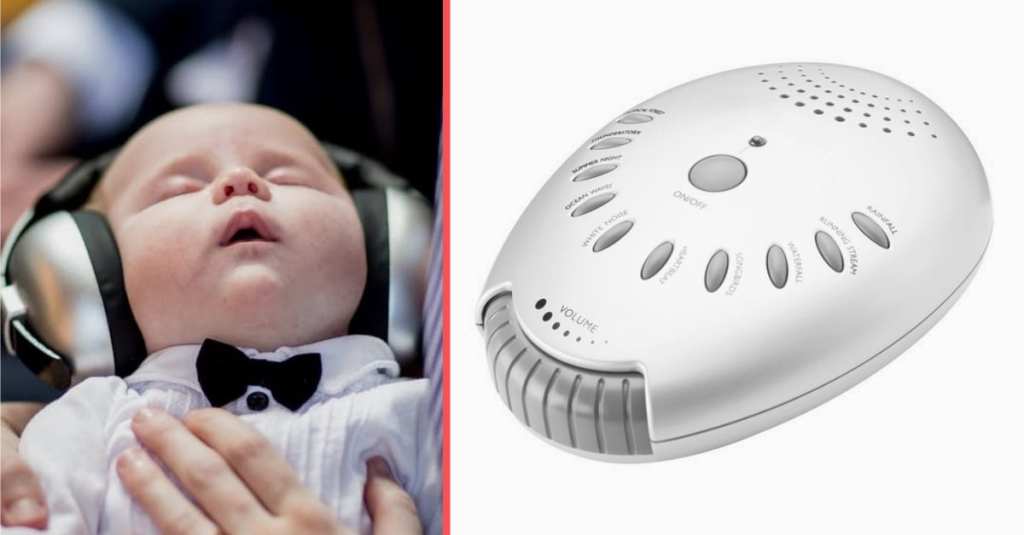I was one of those hilarious moms-to-be who said her baby wouldn’t need a white noise machine to sleep (among other dumb things I said before bringing home a newborn). My baby wasn’t going to need a crutch, they could learn to sleep with the noise in the house, because I didn’t want my future ten-year-old unable to sleep at a slumber party without one.
Then, I brought home a screaming, colicky, non-sleeping bundle of joy and changed my tune real fast.
Image Credit: Pexels
Fast-forward 3.5 years and we’ve now got two of them running any time the boys are asleep – and we never leave home without them, either.
But, are these little miracles of sleep going to cost our kids later in life?
According to pediatrician Dr. Daniel Ganjian, there’s conflicting data on whether or not we should be worried about keeping white noise machines in ours kids’s rooms.
“Some studies say it does not affect hearing and some say it does affect it. Prolonged, very loud sounds have been shown to affect hearing more than intermittent, soft sounds. If loud or prolonged enough, it can kill the hair cells in the ear that control hearing.
In adults, hair cells cannot grow back. In babies, however, since the hair cells are still developing, they might be able to recover. However, much more research is needed.”
Image Credit: Pexels
He says that if the machines are used in “extreme amounts,” kids will have to speak louder to be heard, and comments that aside from that, “hearing loss can also cause language delay.”
Health experts recommend keeping the white noise machines at least 7 feet away from where kids sleep, and this article in Heathline also provides some additional data.
“In 2014, the American Academy of Pediatrics tested 14 white noise machines designed for infants.
They found that all of them exceeded recommended noise limits, which is set at 50 decibels.
And in addition to increased hearing problems, the study found that using white noice increased the risk of problems with language and speech development.”
That said, other experts – like ASHA-certified speech-language pathologist Lori Caplan-Colon, who spoke with Romper – say we don’t have enough information.
“I am not sure that much research has been conducted in this area and definitely more research is warranted to better determine the effects of white noise machines on a toddler’s speech development, but I can speculate.”
Image Credit: iStock
Basically, she thinks that any noise that would…
“…Interfere with the sounds of speech that are being offered to a toddler in a critical stage of development may impact that toddler’s ability to receive, process, and alter retrieve the information offered.”
That said, a noise machine playing while they sleep shouldn’t interfere with those types of input.
If you’re worried your child’s language delay could be a result of hearing loss, speak to your pediatrician and have his or her hearing tested.
If you’re not worried – or you weren’t until you read this article – Ganjian says the best thing to do is keep the machine away from their beds, only use it while they’re falling asleep, and turn the machine off once they’re sleeping soundly.
I guess it’s time for some changes at our house.
